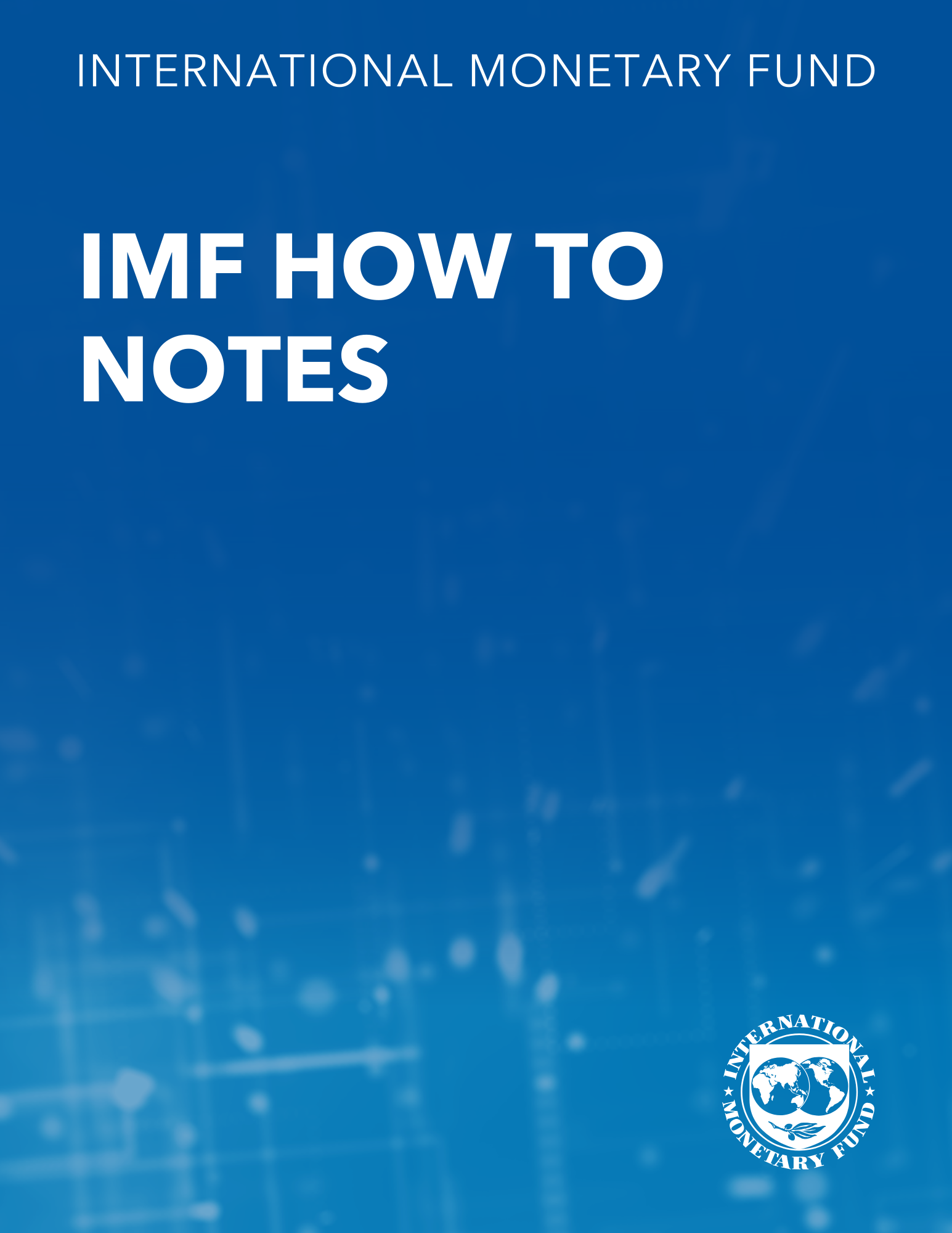Indirect Taxation in Developing Countries: A General Equilibrium Approach
September 1, 1986
Disclaimer: This Working Paper should not be reported as representing the views of the IMF.The views expressed in this Working Paper are those of the author(s) and do not necessarily represent those of the IMF or IMF policy. Working Papers describe research in progress by the author(s) and are published to elicit comments and to further debate
Summary
Indirect taxes are an important element in stabilization tax packages that aim at raising revenue in the short run. This paper evaluates, by using a general equilibrium model, alternative instruments of indirect taxation in middle-income developing countries. It uses data for Thailand as an illustration and examines the effects on revenue, efficiency, equity, and international competitiveness. The paper shows that the interaction between taxes and distortions caused by various policies can be important for revenue and efficiency. It also reveals significant backward shifting and a link between outward-looking supply-side tax policies and trade policies in industrial countries.
Subject: National accounts, Taxes
Keywords: Consumption, consumption goods, Consumption taxes, demand price, Global, goods decline, Income, income effect, intermediate goods, intermediate-goods industry, investment goods, Laffer curve, nonexempt goods decrease, sector benefit, Tariffs, Taxes on trade, trade tax, WP, zero rating
Pages:
44
Volume:
1986
DOI:
Issue:
001
Series:
Working Paper No. 1986/001
Stock No:
WPIEA0011986
ISBN:
9781451931143
ISSN:
1018-5941






